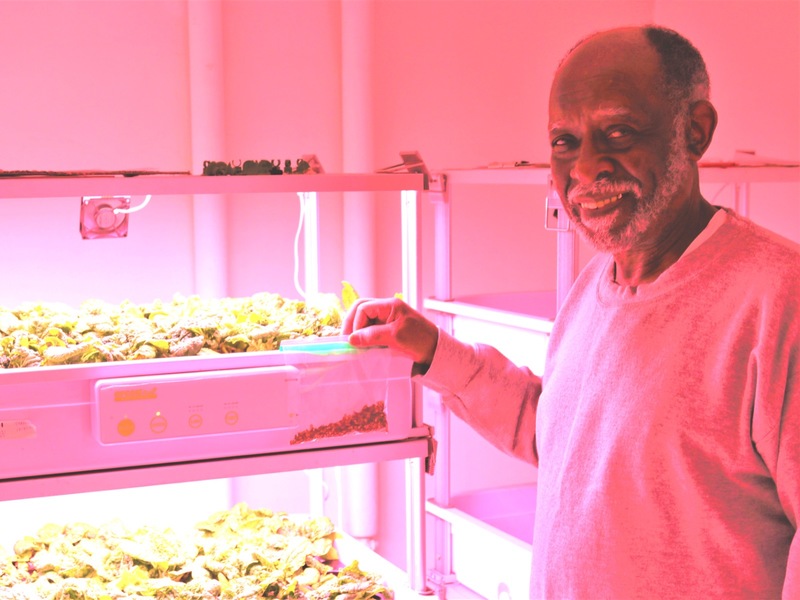For gardeners, beginner or advanced, there are many types of seeds to pick from each spring. With all those different varieties, they all fall into three different categories: heirloom, organic and hybrid. When you see this on a seed package, you may wonder what they mean and is one better than the other. The answer is really based on what your intentions are.
First, let's cover a different term you might see on the package, and that is non-GMO or non-genetically modified organism. A GMO is a seed that has been modified, and the DNA has been modified in a lab to allow it to resist pesticides like Roundup. This is also done to favor the trait of a gene it could gain from another animal.
No matter what your thoughts on GMOs are, you do not need to worry about buying these seeds in your local garden center. These patented seeds are only sold to big production farmers who plant many acres. The farmer had to sign an agreement when buying them that they will not save seeds. You don’t need to worry about mistakenly buying them.
Heirlooms are seeds that have been grown for many years, if not hundreds, and passed down from generation to generation. If you save these seeds, they will regrow true to the parent plant. Heirlooms in general can have some unique colors and sometimes crazy looks, but they can also sprout some of the best tasting produce you will ever grow.
Certified organic seeds are ones that have been grown in organic practices. There are certain conditions that a farmer who is saving seed must follow in order to be certified. For example, if a farmer uses synthetic fertilizer, then those seeds cannot be certified organic.
Lastly, hybrid seeds are ones that have been crossed pollinated in a controlled setting to create a better plant for specific traits. This is not changing the DNA structure. For example, consider plant X grows well in drought situations and plant Y is a heavy producer of fruit. The grower will cross these two together to get a plant that can grow well in low water situations and produce a lot of fruit.
The only disadvantage to this is if you save the seeds and try to grow a new plant next year. You may get the same kind of plant but most likely will not get the same traits or possibly same color as the parent plant. In order to ensure you to have those same traits, you need to rebuy or use seeds that you may not have used last year and still have in the package.
For more information on seeds, visit The Wisconsin Vegetable Gardener's website.







